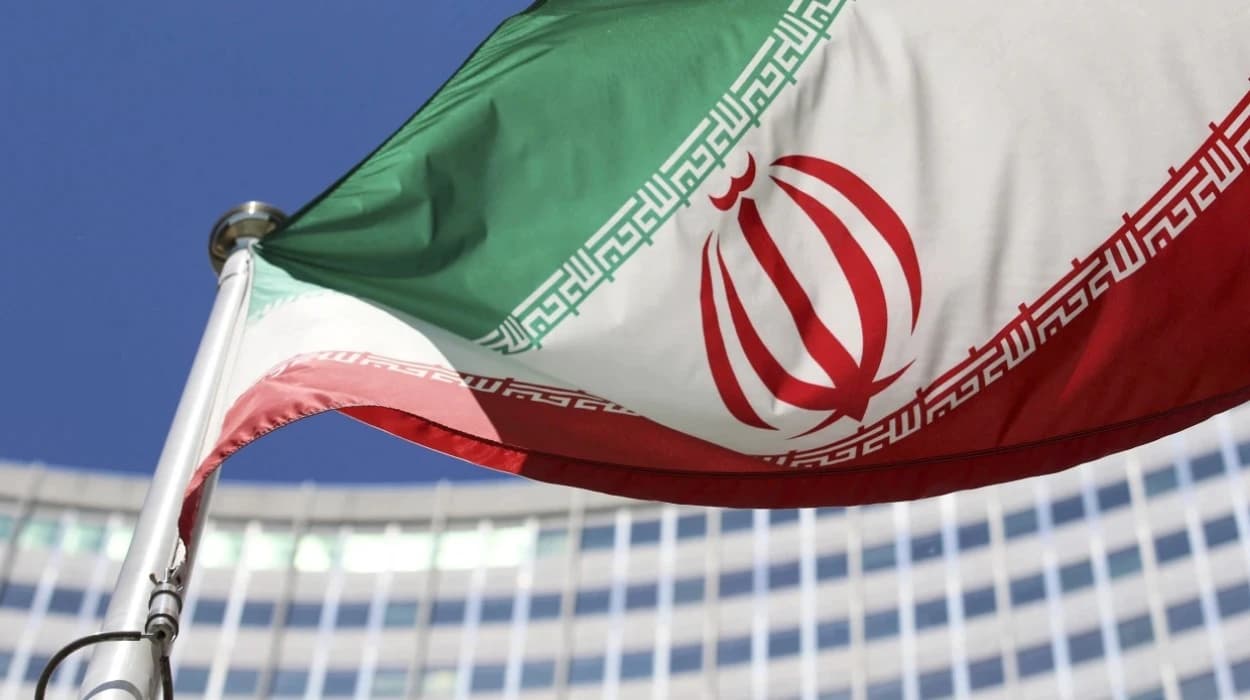The UN Security Council failed to approve a resolution that
would have prevented the reinstatement of nuclear-related sanctions on Iran,
leading to the automatic reimposition of earlier UN sanctions under the 2015
nuclear deal. This outcome reflects deep divisions among Council members and
sets the stage for intense diplomacy ahead of the September 28 enforcement
date.
UN Security Council Vote on Iran Sanctions
The UN Security Council voted against a draft resolution
aimed at blocking the return of sanctions on Iran related to its nuclear
programme. The vote, held on 19 September 2025, resulted in only four members
supporting the resolution—Russia, China, Pakistan, and Algeria—while nine
members voted against it and two abstained. The resolution sought to maintain
sanctions relief for Iran under the 2015 Joint Comprehensive Plan of Action
(JCPOA), but with the vote failing to meet the nine votes required, the
previously lifted sanctions are set to be reinstated.
Background on the ‘Snapback’ Mechanism
The snapback mechanism is embedded in UN Security Council
Resolution 2231 (2015), which endorsed the JCPOA. It allows any JCPOA
participant country to trigger the reimposition of UN sanctions if it believes
Iran is significantly non-compliant with the deal. Once a participant notifies
the Security Council, the Council president must put a draft resolution on
continuing sanctions relief to a vote within 30 days. Failure to adopt this
draft results in automatic reimposition of previous sanctions, as occurred this
month.
Process Leading to the Vote
The snapback mechanism was triggered by the United Kingdom,
France, and Germany—known collectively as the E3—on 28 August 2025. They cited
concerns over Iran's expanding nuclear activities, including stockpiles of
highly enriched uranium exceeding the JCPOA limits, operation of prohibited
centrifuges, and reduced IAEA monitoring access following Iranian parliamentary
legislation. The E3 maintained that their decision was based on clear factual
evidence of Iran’s non-performance and offered Iran a temporary extension of
resolution 2231 if the country took steps to resolve immediate concerns, which
Iran declined to do.
Member States’ Positions and Reactions
- United States, United Kingdom, and France: These countries voted against the
resolution seeking to continue sanctions relief, aligning with the E3's
initiative to reinstate sanctions. US Secretary of State Marco Rubio
underlined that the move was necessary to block Iran’s path to nuclear
weapons.
- Iran:
Iran condemned the snapback sanctions process as illegal and politically
motivated. Iranian Foreign Minister Abbas Araghchi described the effort by
the E3 as unjustified and reaffirmed Iran's commitment to diplomacy
despite the vote. Iran’s UN Ambassador, Amir Saeid Iravani, characterised
the snapback as “hasty” and “unlawful,” stating Iran felt no obligation to
comply with the reinstated sanctions.
- Russia
and China: Both countries supported the resolution to continue sanction
relief, expressing reservations about the snapback process and emphasising
the need for dialogue. Russia highlighted procedural concerns, arguing
that the E3 had not fully exhausted dispute resolution mechanisms before
triggering snapback.
- Other
Members: Pakistan and Algeria also supported the resolution to maintain
sanctions relief. The United Kingdom, United States, France, Greece,
Panama, Sierra Leone, Slovenia, and Somalia voted against it, while Guyana
and the Republic of Korea abstained.
Implications of the Sanctions Reinstatement
The reinstated ‘snapback’ sanctions include an arms embargo,
restrictions on ballistic missile development, asset freezes, travel bans, and
prohibitions on nuclear-related technology transfer. These measures are
scheduled to come into force on 28 September 2025. The return of sanctions
places renewed economic and political pressure on Iran amid ongoing regional
tensions and follows closely after a 12-day conflict involving Israel.
Diplomatic Efforts and Outlook
Despite the Security Council’s vote, diplomacy remains
actively pursued. Iranian Foreign Minister Abbas Araghchi is slated to meet
with European counterparts during the UN General Assembly, signalling
willingness to engage in dialogue. British UN Ambassador Barbara Woodward
emphasised the UK’s continued commitment to a diplomatic solution.
Both supporters and opponents of the sanctions agree on the importance of negotiations, but deep divisions within the UN and among global powers underscore the complexities facing the Iran nuclear issue. The next eight days before sanctions take effect may prove critical for diplomatic breakthroughs or further escalation.
